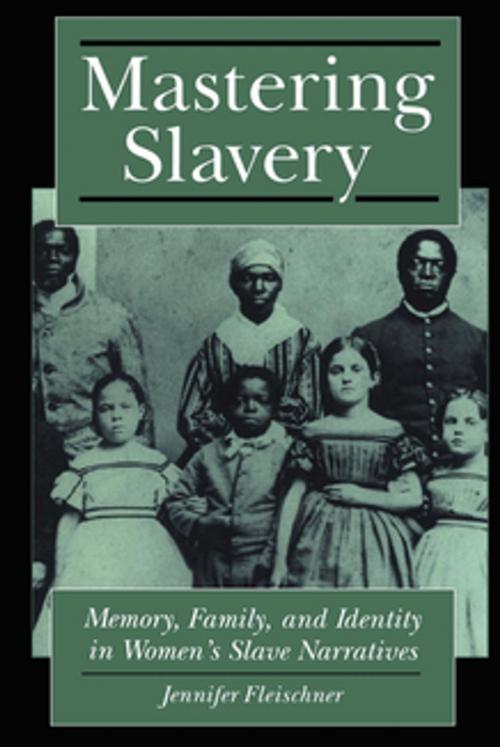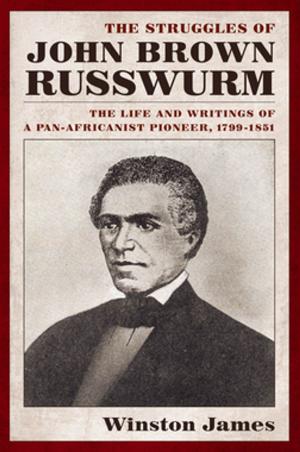Mastering Slavery
Memory, Family, and Identity in Women's Slave Narratives
Fiction & Literature, Literary Theory & Criticism, Black, American| Author: | Jennifer B. Fleischner | ISBN: | 9780814728888 |
| Publisher: | NYU Press | Publication: | July 1, 1996 |
| Imprint: | NYU Press | Language: | English |
| Author: | Jennifer B. Fleischner |
| ISBN: | 9780814728888 |
| Publisher: | NYU Press |
| Publication: | July 1, 1996 |
| Imprint: | NYU Press |
| Language: | English |
In Mastering Slavery, Fleischner draws upon a range of disciplines, including psychoanalysis, African-American studies, literary theory, social history, and gender studies, to analyze how the slave narratives--in their engagement with one another and with white women's antislavery fiction--yield a far more amplified and complicated notion of familial dynamics and identity than they have generally been thought to reveal. Her study exposes the impact of the entangled relations among master, mistress, slave adults and slave children on the sense of identity of individual slave narrators. She explores the ways in which our of the social, psychological, biological--and literary--crossings and disruptions slavery engendered, these autobiographers created mixed, dynamic narrative selves.
In Mastering Slavery, Fleischner draws upon a range of disciplines, including psychoanalysis, African-American studies, literary theory, social history, and gender studies, to analyze how the slave narratives--in their engagement with one another and with white women's antislavery fiction--yield a far more amplified and complicated notion of familial dynamics and identity than they have generally been thought to reveal. Her study exposes the impact of the entangled relations among master, mistress, slave adults and slave children on the sense of identity of individual slave narrators. She explores the ways in which our of the social, psychological, biological--and literary--crossings and disruptions slavery engendered, these autobiographers created mixed, dynamic narrative selves.















